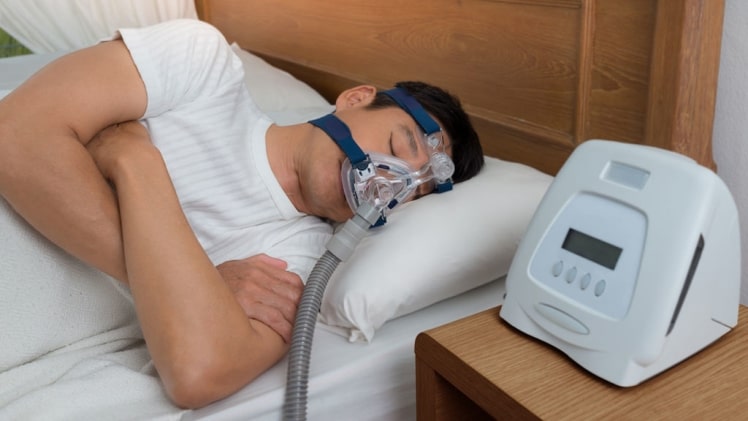Sleep apnea is a serious condition where a patient stops breathing during sleep. If you do not find a treatment to solve sleep apnea in The Woodlands, you may be at risk of adverse effects like brain damage or death. The most effective treatments for sleep apnea at home involve making small but impactful lifestyle changes. For example:
- Lose that extra fat: Overweight patients are at a higher risk of developing sleep apnea than those with a healthy BMI, and being overweight means that there may be some extra fat tissue in your throat that makes breathing difficult during sleep. The best way to improve your symptoms is to hit the gym and maintain a healthy diet to help you lose weight.
- Do not costume alcohol before sleep: If you are struggling with sleep apnea, avoid taking alcohol or sleeping pills before you go to bed. These drugs will interfere with the muscles in the back of your throat and thus make it difficult for you to control your breathing when asleep.
- Change your sleeping positions: Sleeping on your back is not the best option for patients with sleep apnea. Try and find a technique that will keep you from rolling to your back.
- Quit smoking: This habit can cause your upper airway to swell, limiting airflow.
- Manage your allergies: Exposure to allergens will inflame your nasal cavity, causing a narrowing in the airway, increasing breathing difficulty during sleep.
Some at-home treatments do not eliminate the condition but provide management by improving sleep breathing. For example:
- Continuous Positive Airway Pressure (CPAP)
Some doctors may recommend that sleep apnea patients wear a mask over their nose and mouth, a technique called continuous positive airway pressure, CPAP. The benefit of wearing the mask is that it delivers constant airflow from a machine into your nose. For this reason, your airways remain open while you are asleep.
- Bilevel Positive Airway Pressure (BiPAP)
This technique is similar to CPAP. However, airflow pressure is different when breathing in and out. The machine works in collaboration with your respiratory organs to help you constantly breathe as you sleep.
Can surgery help to treat sleep apnea?
Surgery is an option for patients who have an underlying medical condition causing their sleep apnea. These medical issues are usually why your throat may be too narrow, and surgery can help fix the problem, thus eliminating sleep apnea. Some of the surgical procedures that may work to improve your symptoms include:
- Nasal surgery. This solution is perfect for patients with issues like a deviated septum.
- Uvulopalatopharyngoplasty (UPPP): This treatment aims to widen the airway by removing part of the soft tissues in the palate and back of the throat.
- Mandibular maxillomandibular advancement surgery: This procedure helps solve facial deformities causing airway blockages.
Alternative treatment options for sleep apnea include upper airway stimulation, a solution for patients who are not candidates for CPAP. You may also treat your sleep apnea using specific medications like solriamfetol. Schedule an appointment to learn which treatment is ideal for eliminating your sleep apnea problems.

